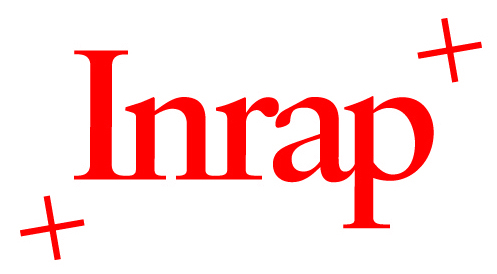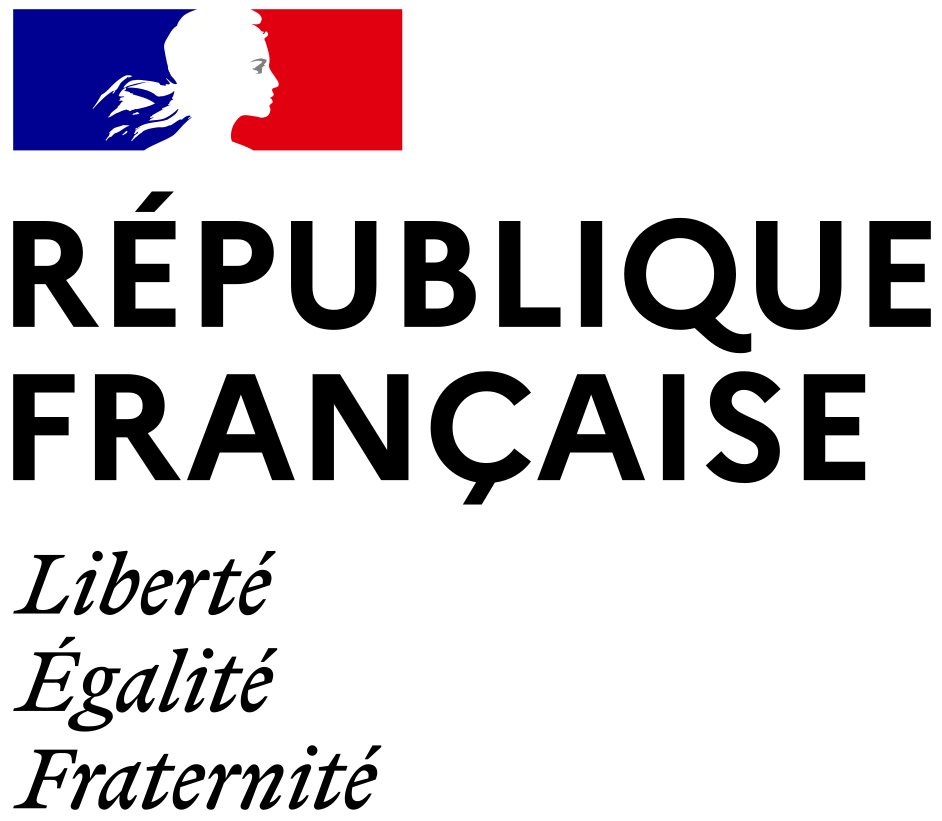The Latest Radiocarbon Revolution? Internationalizing Research
La dernière révolution du radiocarbone ? Internationaliser la recherche
Résumé
Radiocarbon dating is the most commonly used chronometric measurement technique in archaeology. The introduction of this method has opened up new possibilities for independent and international research projects. However, today, the many advantages of radiocarbon dating for archaeological research have also created a significant international challenge in heritage practice. How can we attempt to systematically preserve the vast volumes of “legacy” radiocarbon data to facilitate interdisciplinary and international research? How can we organize a dataset and create an updated, validated, and structured resource that is linked to existing national archives and data systems? We present an international initiative, the “Radiocarbon Project: Big Data, Integrated Cross-national Heritage Histories,” which is being developed within the historic environment sector in Ireland and the United Kingdom to address these challenges. We argue that we must critically reconsider how we classify and store radiocarbon data to make it “FAIR” (Findable, Accessible, Interoperable, and Reusable). Such an endeavor requires cross-sector and international approaches to ensure sustainability and scalability and to anticipate the increasing value of these data in the future.
La datation radiocarbone est la technique de mesure chronométrique la plus couramment utilisée en archéologie. L’introduction de la méthode a offert de nouvelles possibilités pour des projets de recherche indépendants et internationalisés. Mais aujourd’hui, les nombreux avantages du radiocarbone pour la recherche archéologique ont également créé un défi d’importance internationale dans la pratique du patrimoine. Comment pouvons-nous tenter de préserver d’énormes volumes de données « héritées » du radiocarbone de manière systématique pour faciliter la recherche interdisciplinaire et internationale ? Comment pouvons-nous organiser un ensemble de données et créer une ressource mise à jour, validée, organisée et liée aux archives et systèmes de données nationaux existants ? Nous présentons un projet international, « Projet Radiocarbone ; Big Data, Integrated Cross-national Heritage Histories », travaillant dans le secteur de l’environnement historique en Irlande et au Royaume-Uni, qui développe une solution à ces problèmes. Nous soutenons que nous devons réfléchir de manière critique à la manière dont nous classifions et stockons les données sur le radiocarbone, afin de les rendre “FAIR”. Un tel travail nécessite des approches intersectorielles et internationales pour garantir la durabilité et l’évolutivité, et pour anticiper la valeur croissante de ces données à l’avenir.





